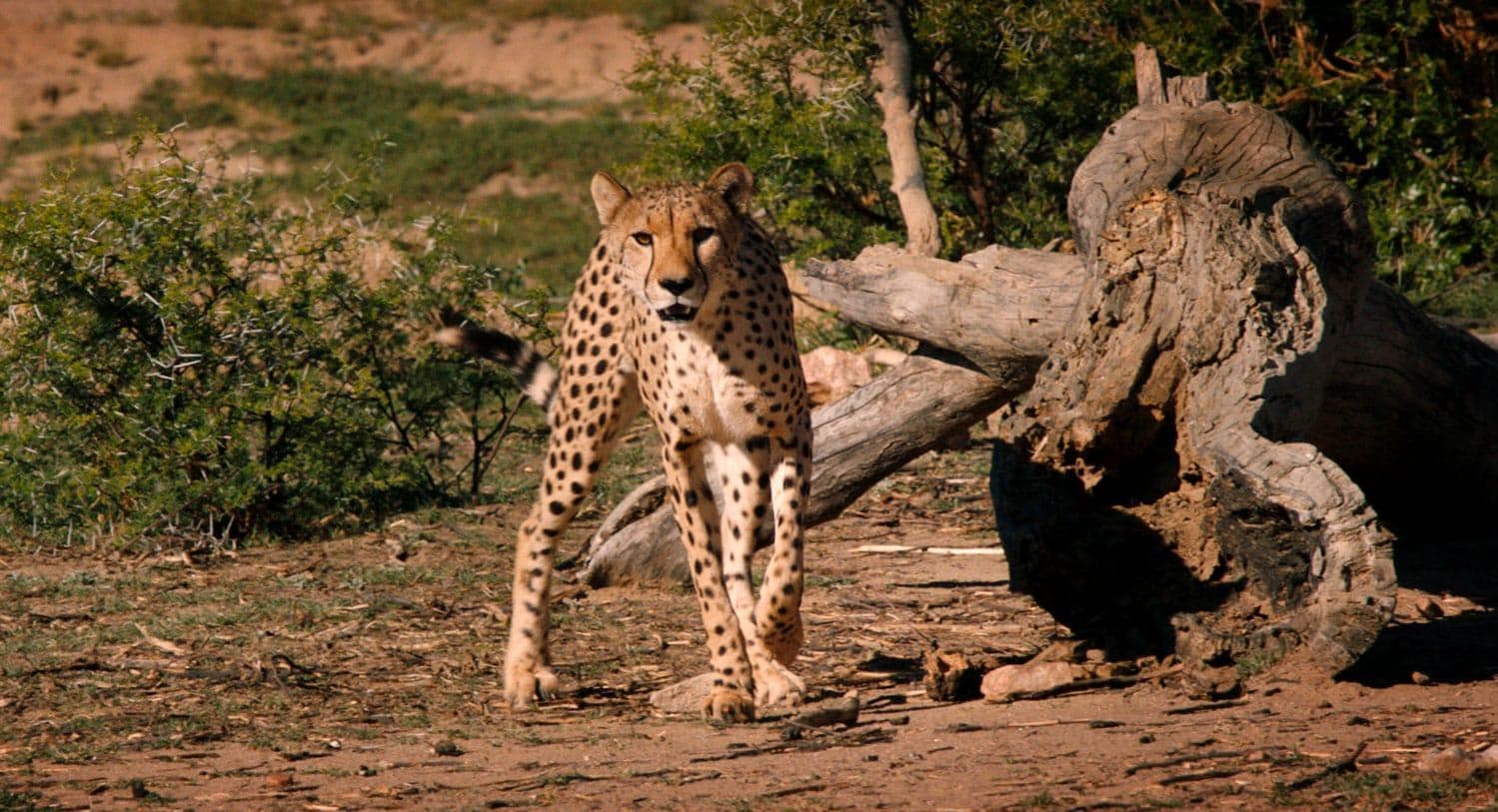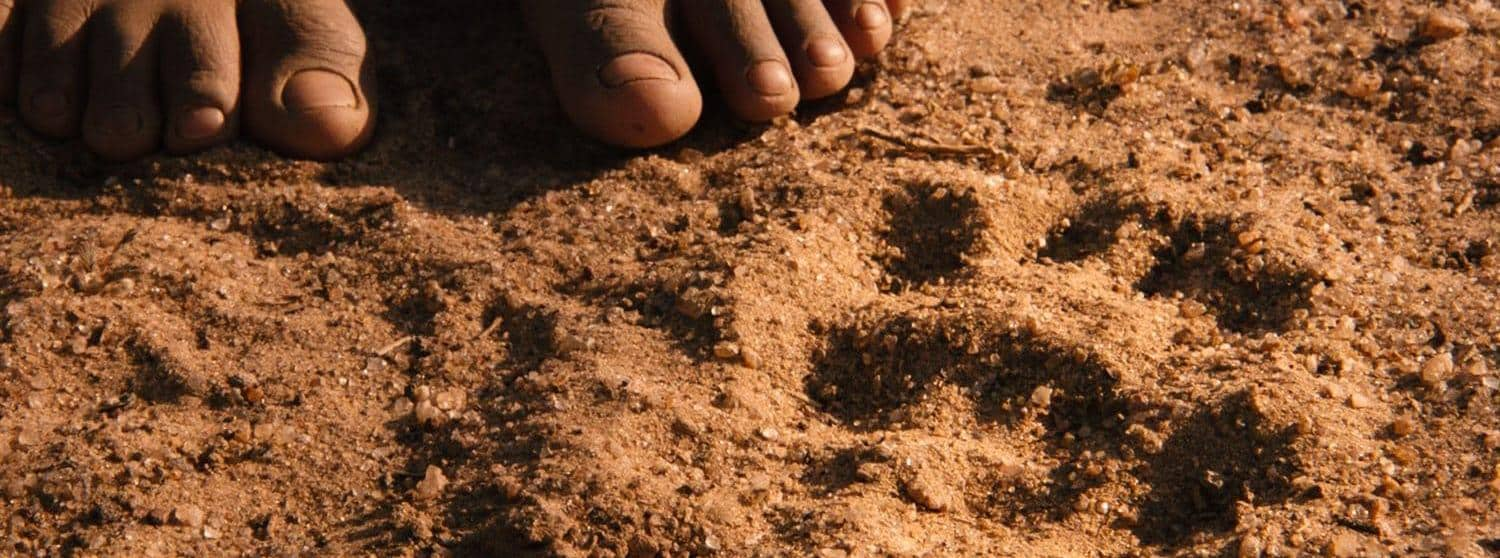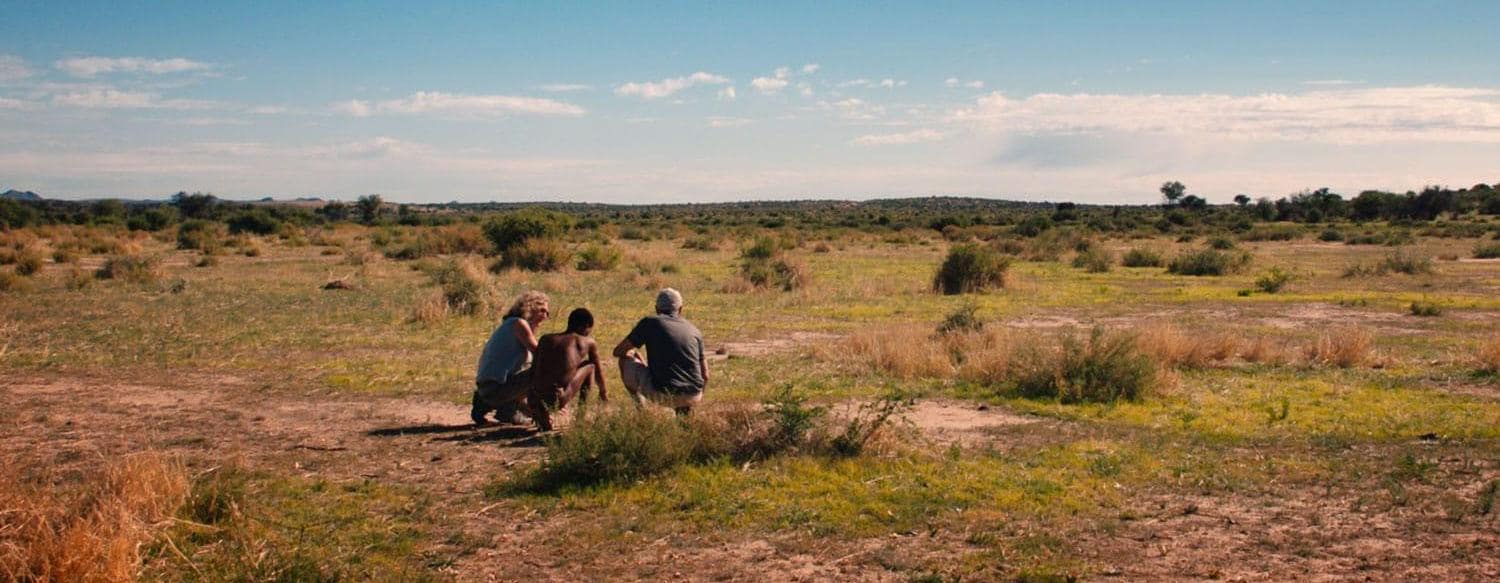Protecting Endangered Species

- Chapters
- descriptions off, selected
- subtitles settings, opens subtitles settings dialog
- subtitles off, selected
- en (Main), selected
This is a modal window.
Beginning of dialog window. Escape will cancel and close the window.
End of dialog window.
This is a modal window. This modal can be closed by pressing the Escape key or activating the close button.
THE MORE WE CAN study THEIR BEHAVIOR, THE MORE WE CAN HELP TO PROTECT THEM – AND SUSTAIN THE EARTH'S BIODIVERSITY THAT SUPPORTS US ALL.

Their tracks tell a collective story that holds incredible value in conservation.
WHERE ARE THEY GOING? HOW MANY ARE LEFT? There IS MUCH TO BE LEARNED BY MONITORING FOOTPRINTS OF ENDANGERED SPECIES LIKE THE CHEETAH.

Artificial intelligence may help us recreate some of the skills used by indigenous trackers.
WildTrack researchers are exploring the value AI can bring to conservation.
AI solutions are designed to enhance human efforts – not replace them. With deep learning, given enough data, a computer can be trained to perform human-like tasks such as identifying footprint images and recognizing patterns in a similar way to indigenous trackers - but with the added ability to apply these concepts at a much larger scale and more rapid pace. Analytics really underpins the whole thing, potentially giving insights into species populations that WildTrack never had before.
There are some people who want to kill animals like the lions and cheetahs. I would like to teach them, there are not many left.
A fascinating FIT: AI powered by the human mind.
The WildTrack Footprint Identification Technique (FIT) is a tool for non-invasive monitoring of endangered species through digital images of footprints. Measurements from these images are analyzed by customized mathematical models that help to identify the species, individual, sex and age-class. AI could add the ability to adapt through progressive learning algorithms and tell an even more complete story.
Loss of habitat AND CONFLICT WITH HUMANS, ESPECIALLY OVER LIVESTOCK, PUT THE CHEETAH in a race against time.
AI research can help to give cheetahs a fighting chance.
The cheetah population has seen a 93% decline over the past century.
Cheetahs are no longer found in 76% of their former habitats throughout Africa.
Cheetahs rarely prey on domestic animals; yet many are killed based on the assumption of being a threat to livestock.
Highly sought after cheetah cubs are smuggled from Africa, with only 1 in 6 surviving the journey.
Crowdsourcing data is the next important step toward redefining what conservation looks like in the future.
Ordinary people wouldn't necessarily be able to dart a rhino, but they can take an image of a footprint. WildTrack has data coming in from everywhere. Too much to manage traditionally. That’s really where artificial intelligence comes in. AI could automate repetitive learning through data, performing frequent, high-volume, computerized tasks reliably and without fatigue.
Our challenge is how to harness artificial intelligence to create an environment where there’s room for us, and all species in this world.
– Sky Alibhai, WildTrack

